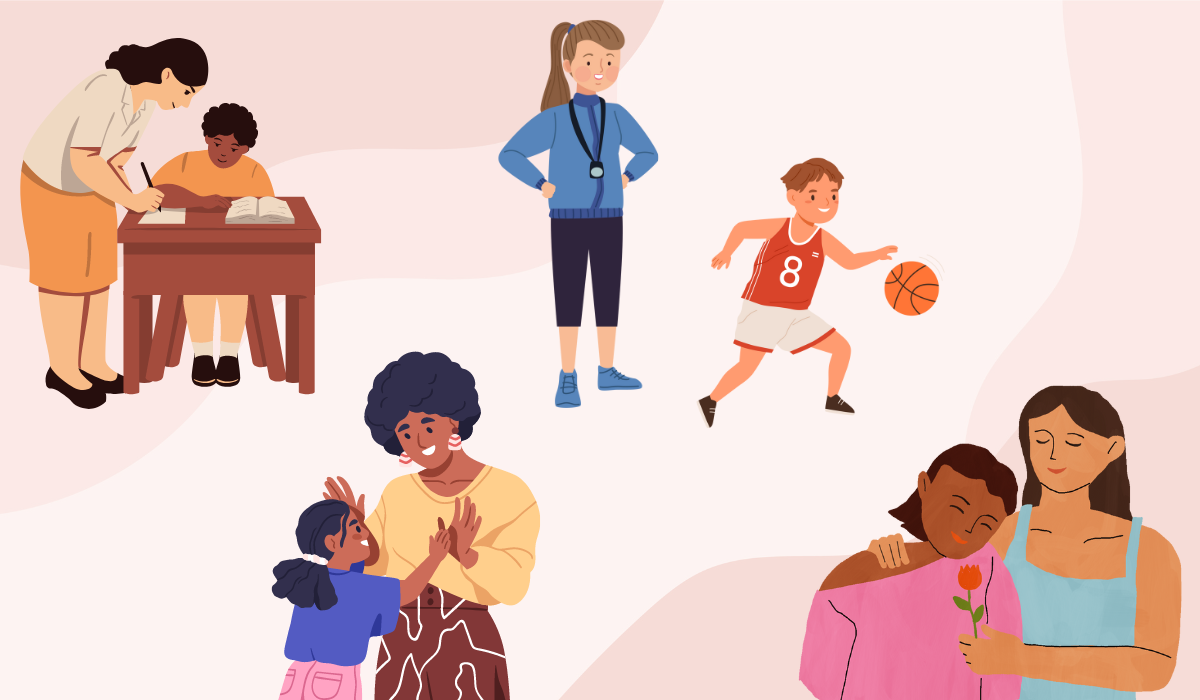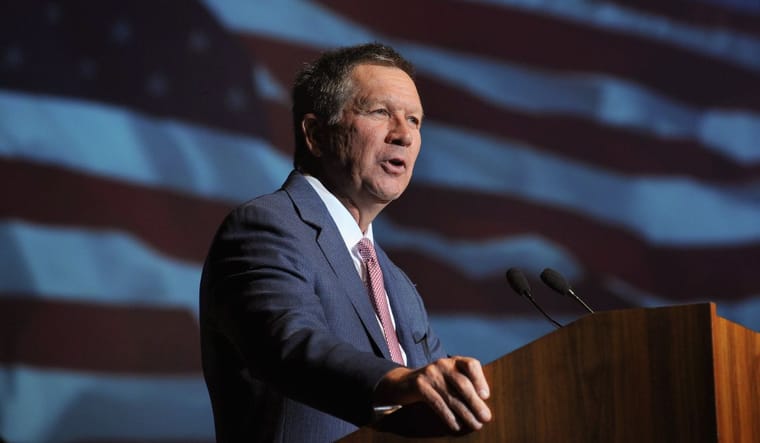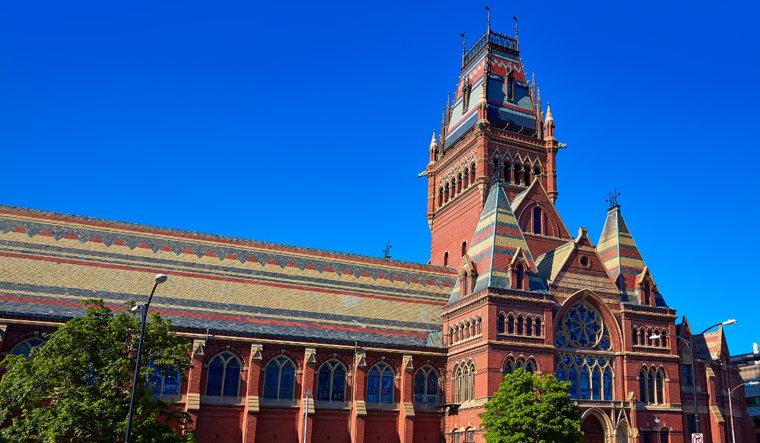We Need to Be Mothered Now More Than Ever. Here’s How We Can Do It for Each Other
What does it mean to be a mother? And what does it mean to mother?
Today, "mother" means more than a woman who gives birth to a baby, adopts a child, or is biologically female. Being a mother is an energy and an essence. It is to nurture and honor, to encourage and create.
Through the patriarchal lens, the mother has long been the "doer." The person responsible for the children's care, nurturing, and guidance. In more recent years, however, the dynamic of family and parental roles, as well as of care, has all been rapidly evolving. A mother is wide-reaching and inclusive. It's a role that expands to caregivers of all kinds— to nannies, grandparents, friends, aunts, and sisters. A mother can transcend traditional ideas to include fathers, uncles, and brothers. To mother is to give caring maternal energy toward others.
Mothering can be a personal and private matter. It can be so many things: rewarding and joyful, lonely, and heartbreaking. However, the traditional idea of mothering can leave out so many people who are mothers in various ways. It can also make women who are not mothers in the traditional sense feel less than others, which is heartbreaking and unfortunate. I have worked with many women who have felt conflicted about motherhood and the ideas around it. That's why I want every woman and every person to know the following:
- Mothering is a non-gender-specific act of profound generosity. It is selfless and loving, nurturing, guiding, and genuinely compassionate. Every woman and every being, can bring forth this beautiful mothering energy into their lives and share it with others.
- Subconsciously, we are wired by archaic patriarchal societal rules that having children is a prerequisite for womanhood. It is not. Being a mother, as beautiful and tremendous as it is, does not equate to full womanhood. Women are full beings with or without having children.
- Being a mother or not being a mother does not define a woman.
- Ample women do not wish to become mothers or cannot become mothers in any capacity, and that is worthy of immense respect.
- Being an emotionally nurturing mother is more natural for some than others. Caring for others is hard physical and emotional work. We must all support those who mother to help them feel seen, heard, understood and not alone in their struggles.
In my work, when I talked to men and women about "What is a good mother?" the overall responses touched more on the energy of mothering and nurturing than an actual biological female mother. One woman told me that she loved it when her mother called her when she arrived home from school. "Hey, doll! Is that you?!" she'd say. The woman told me this energy stayed with her and made her feel she had "true friendship, love, comfort, and safety" in her life.
Writing this piece stirs within me an array of emotions. I did not have a mother who mothered me. But when I was young, I remember feeling a sense of comfort and nurture from the character Mary Poppins. She combined a sense of wisdom, love, kindness, and humor through her actions, imagination, and consistency. Where have you felt this mothering energy? And how, perhaps, can you offer it to others?
We are all here to guide the next generation of children. Whether or not we are mothers in the traditional sense, we owe our future stewards of society all the kindness and mentorship we can offer them. And we owe every woman, every person, grace and respect.
Every one of us can mother. We can do this by genuinely caring for each other, by listening, by seeing into others’ pain, and by cultivating the joy and the celebration of another's life.
When we set aside our own needs in a moment to give ourselves completely to another, that is powerful. That is mothering.
My three adult children remind me daily of the value my mothering played in their lives. There is always an opportunity to be nurturing to someone. You never know how that sense of mothering another can impact someone and positively change their lives—and yours.
R.A. Leslie is a transformative intuitive catalyst and coach. She is the author of several books including Do You Know The Sound of Throwing Stars?, Chasing Rainbows, and When: Contemplations on Life, Memories, and Fairy Tales. You can book a coaching session with her at seeuatnoon.com.
Please note that we may receive affiliate commissions from the sales of linked products.



